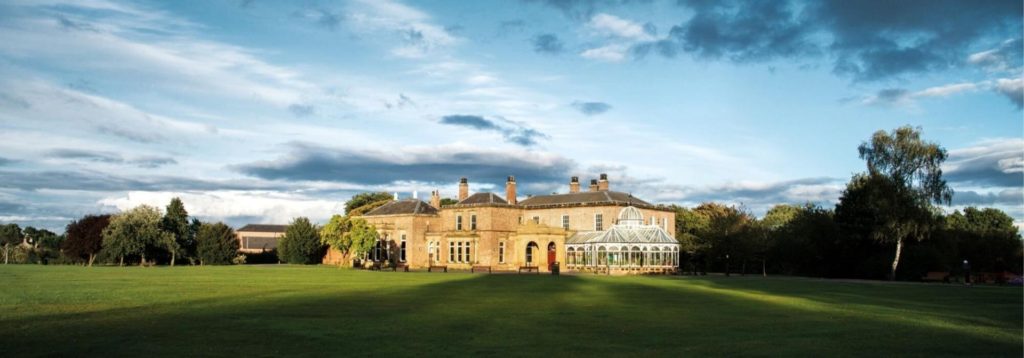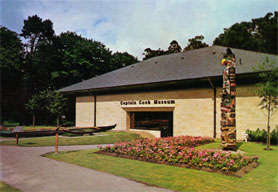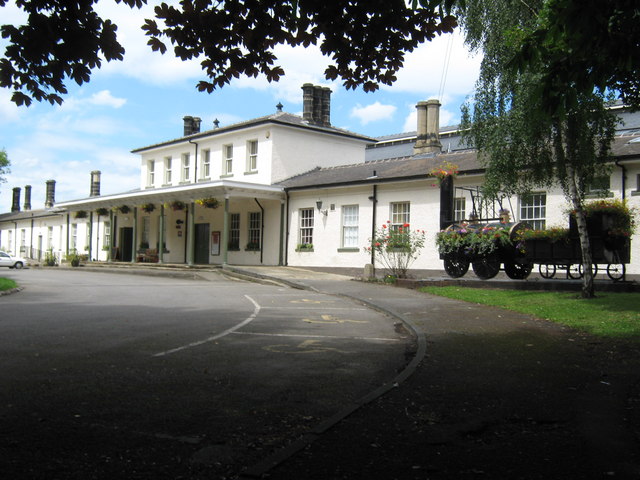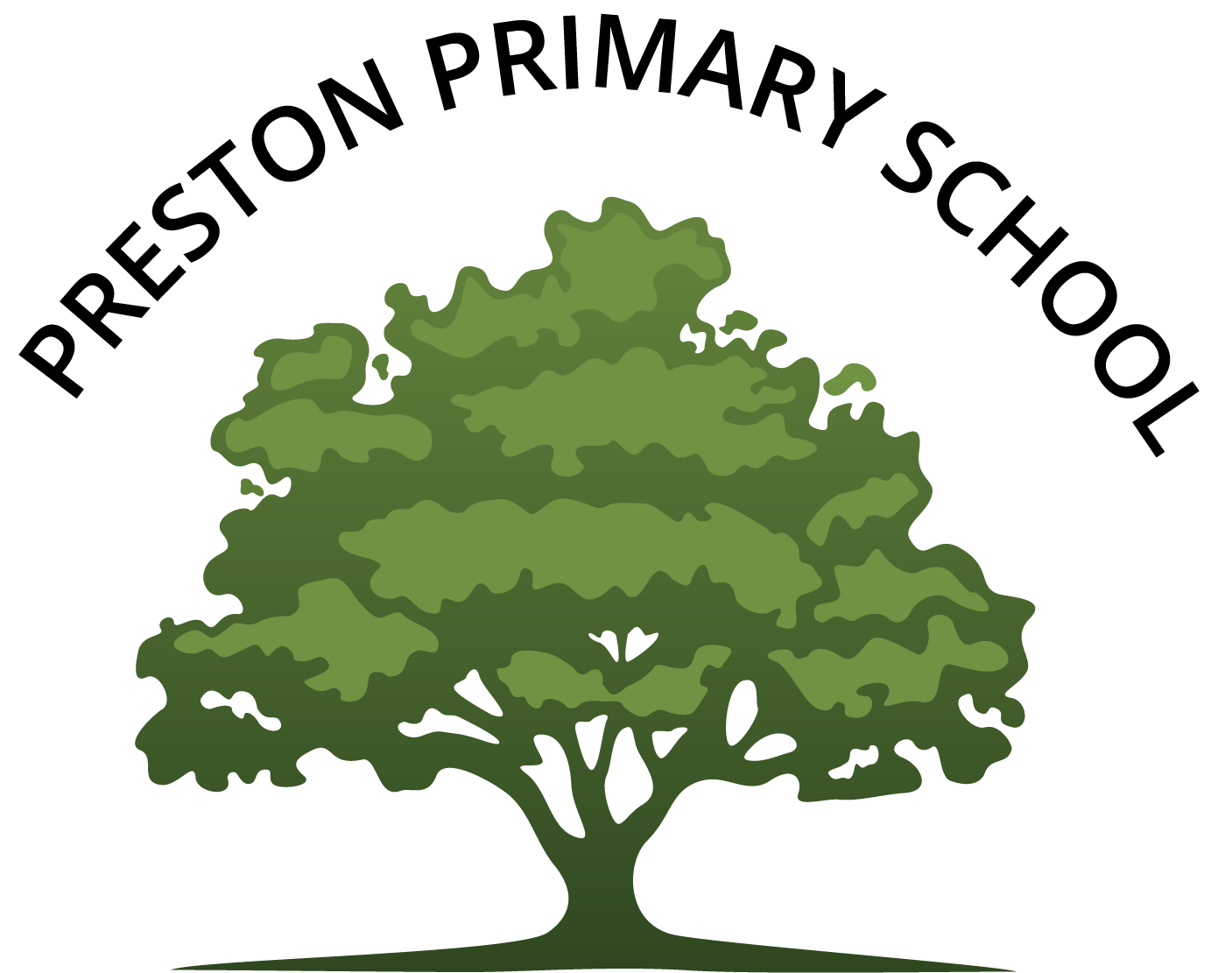History
Through History children will have the opportunity to indulge their natural curiosity. Children will develop their sense of chronology by studying personal and family history, and then by “stepping back in time” through history as they move through school. The golden thread, “What is my home like?” will provide a link and a point of comparison through the different periods in History.
Children will learn through real life stories and engage in exciting hands on, practical experiences where History comes alive. Given the opportunity to build up questioning and research skills, children will be challenged to investigate subjects independently and have the opportunity to present their findings in a wide range of innovative ways.
Historical Study
Long Term Framework
| In Early Years the children will learn |
| Shows interest in the lives of people who are familiar to them. Shows interest in different occupations and ways of life. Knows some of the things that make them unique, and can talk about some of them |
| In Key Stage One this then is built upon through |
| Significant historical events, people and places in their own locality. The lives of significant individuals in the past who have contributed to national and international achievements, some should be used to compare aspects of life in different periods. |
| In Key Stage Two this is then built upon through |
| A local history study A non-European society that provides contrasts with British history – one study chosen from: early Islamic civilization, including a study of Baghdad c. AD 900; Mayan civilization c. AD 900; Benin (West Africa) c. AD 900-1300 |
Chronology
| In Early Years the children will learn |
| Remembers and talks about significant events in their own experience. Recognises and describes special times or events for family or friends. Children talk about past and present events in their own lives and in the lives of family members. |
| In Key Stage One this then is built upon through |
| Changes within living memory – where appropriate, these should be used to reveal aspects of change in national life. Events beyond living memory that are significant nationally or globally. |
| In Key Stage Two this is then built upon through |
| A study of an aspect or theme in British history that extends pupils’ chronological knowledge beyond 1066 Britain’s settlement by Anglo-Saxons and Scots The Viking and Anglo-Saxon struggle for the Kingdom of England to the time of Edward the Confessor. The Roman Empire and its impact on Britain Ancient Greece – a study of Greek life and achievements and their influence on the western world The achievements of the earliest civilizations – an overview of where and when the first civilizations appeared and a depth study of one of the following: Ancient Sumer, The Indus Valley, Ancient Egypt, The Shang Dynasty of Ancient China changes in Britain from the Stone Age to the Iron Age. |
Historical Skills
There will be a progression of skills developed through EACH of the five areas throughout the period being studied – see jigsaw
- Historical vocabulary and appropriate historical terminology
- Developing an understanding of the chronology – what have they studied before and how much of a ‘step back in time’ is this.
- To be able to ask and answer historical questions
- To be able to compare similarities and differences and then find connections and contrasts across the time periods previously studied – We will base some of this around ‘What ?’
- To use sources of evidence to find out about the past and them compare and contrast the reliability of the sources to gain historical information
| History | |
| Nursery | Recognises and describes special times or events for family or friends. Shows interest in the lives of people who are familiar to them. |
| Reception | Remembers and talks about significant events in their own experience. Shows interest in different occupations and ways of life. Knows some of the things that make them unique, and can talk about some of them. |
| Year One | Changes within living memory – where appropriate, these should be used to reveal aspects of change in national life From current day – 1960 |
| Year Two | Events beyond living memory that are significant nationally or globally 1960- 1900 |
| Year Three | A local history study Railways – Stockton to Darlington 1825-1870 – present day Jonnie Walker 1781-1859 Introducing both Physical and Human Geography |
| Year Four | Britain’s settlement by Anglo-Saxons and Scots 410 – 1066 |
| Year Five | The Roman Empire and its impact on Britain 55BC |
| Year Six | The achievements of the earliest civilizations – an overview of where and when the first civilizations appeared and a depth study of one of the following: Ancient Sumer, The Indus Valley, Ancient Egypt, The Shang Dynasty of Ancient China 3000BC – 2000BC |
National Curriculum:
We follow the National Curriculum for History across Key Stage 1 and Key Stage 2. The full programmes of Study can be found here: https://assets.publishing.service.gov.uk/government/uploads/system/uploads/attachment_data/file/239035/PRIMARY_national_curriculum_-_History.pdf
Parent Corner: This is the place to find suggestions and links to historical places and local events in our area.
History in action– we are so lucky to be surrounded by so much interesting local history. We have lots of local museums and galleries to explore on our doorstep too.
Please take a look at some of the local places of interest.

Preston Park Museum https://prestonparkmuseum.co.uk/
We are so lucky to have this historical building on our doorstep. Visit the museum to discover more about local history, the coming of the railways and then explore the Victorian street. The museum often showcases national exhibitions, such as the current “Behind the Seams” exhibition.
Captain Cook Birthplace Museum – Stewart Park
https://teesvalleymuseums.org/visit/captain-cook-museum/
Find out more about our local explorer Captain James Cook at the museum in Stewart Park, Middlesbrough.
Dress up, help with provisions for a sea journey and discover the exciting places that Captain Cook visited. 
Darlington’s Head of Steam Museum

https://www.head-of-steam.co.uk/
Darlington Railway Museum is located in North Road Station on the original 1825 route of the Stockton & Darlington Railway, the world’s first steam-worked public railway.



